I am using the RedisMessageQueueClient as can be seen here:
public TResponse SendSync<TRequest, TResponse>(TRequest request, int? timeoutMilliseconds = null)
where TRequest : CoreRequest
where TResponse : CoreRequest
{
IMessage responseMessage = null;
using (var mqClient = MqClientFactory.Instance.CreateMessageQueueClient())
{
// mqClient is ServiceStack.Messaging.RedisMessageQueueClient
var uniqueCallbackQ = $"mq:c1:{request.GetType().Name}:{Guid.NewGuid():N}";
var clientMsg = new Message<TRequest>(request)
{
ReplyTo = uniqueCallbackQ,
RetryAttempts = 0
};
mqClient.Publish(clientMsg);
TimeSpan timeout = TimeSpan.FromMilliseconds(timeoutMilliseconds.HasValue ? timeoutMilliseconds.Value : 120000);
//Blocks thread on client until reply message is received
responseMessage = mqClient.Get<TResponse>(uniqueCallbackQ, timeout);
if(responseMessage?.Body == null)
{
throw new TimeoutException($"Request {request.GetType().Name} from {Assembly.GetEntryAssembly().GetName().Name} has timed out!");
}
}
return responseMessage?.Body as TResponse;
}
for some reason in my code, an error is produced (this is what I am actually trying to find), and according to this SO post, that error should be returned to the ReplyTo address:
If you're using an explicit ReplyTo address any Errors will be sent to that ReplyTo address instead of the DLQ.
In this case, I am using the ReplyTo, like this:
However, when I browse Redis, I see that the request has ended in in a DLQ, but not the ReplyTo address. In the image below, we see that:
- The ReplyTo address is set and it is the same as in the code above
- The RetryAttempts is 0 in code, but 2 in the DQL dump; I also see that the failed request is resent 2 more times. The MqServer is created using
_mqServer = new RedisMqServer(_redisClientManager, retryCount: 2), but I expected that I could override this, using the code above? I also changed it to_mqServer = new RedisMqServer(_redisClientManager, retryCount: 0), but it still retried twice.
.NET 5.0, ServiceStack.Redis.Core 5.10.4, Visual Studio 2019

